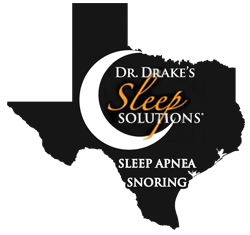30 Jan Is work affecting your sleep?
On the clock time can correlate with “work dreams”
In spite of the digital revolution and the myriad of advances aimed at increasing our efficiency and productivity, seems we all have less time these days to do the things we want to do. SLEEP is no exception, and it often gets treated like “the red-headed step child.” Yes, ignored.
Most adults need 6 to 9 hours of sleep each night in order to function at our peak. That’s a big difference, six vs. nine, so which is it? Let your body tell you. If you’re sleeping 7 hours a night most nights and you still wake up tired, then 1) likely, that’s not enough sleep, or 2) you may have an underlying sleep disordered breathing problem.
Stressful days at work often translate to poorer sleep. A study by Healthy Sleep revealed that about 8/10 people report work related dreams. What types of dreams are the most common?
- Making a big mistake (35%)
- Being late for work
- Being yelled at by your boss
- Missing a deadline
- Being humiliated
The most common denominator to work related sleep nightmares? You guessed it: stress!
So what can you do to give yourself a chance at better sleep? After all, sleep is not something that you can make happen. You have to let it happen.
- Give yourself some wind down time
- Avoid heavy meals late
- Avoid alcohol after 7 pm
- Avoid stimulants like caffeine and nicotine after dinner
- Keep your bedroom dark and quiet (white noise OK)
- No phones, tablets, computers, tv’s, or even pets for that matter
- Exercise during the day (but not too vigorous, too late)
Dental sleep medicine utilizing state of the art custom mandibular repositioning devices is all we do, all day, every day. If we can help you in any way, don’t hesitate to reach out to us: 210-541-9001.


